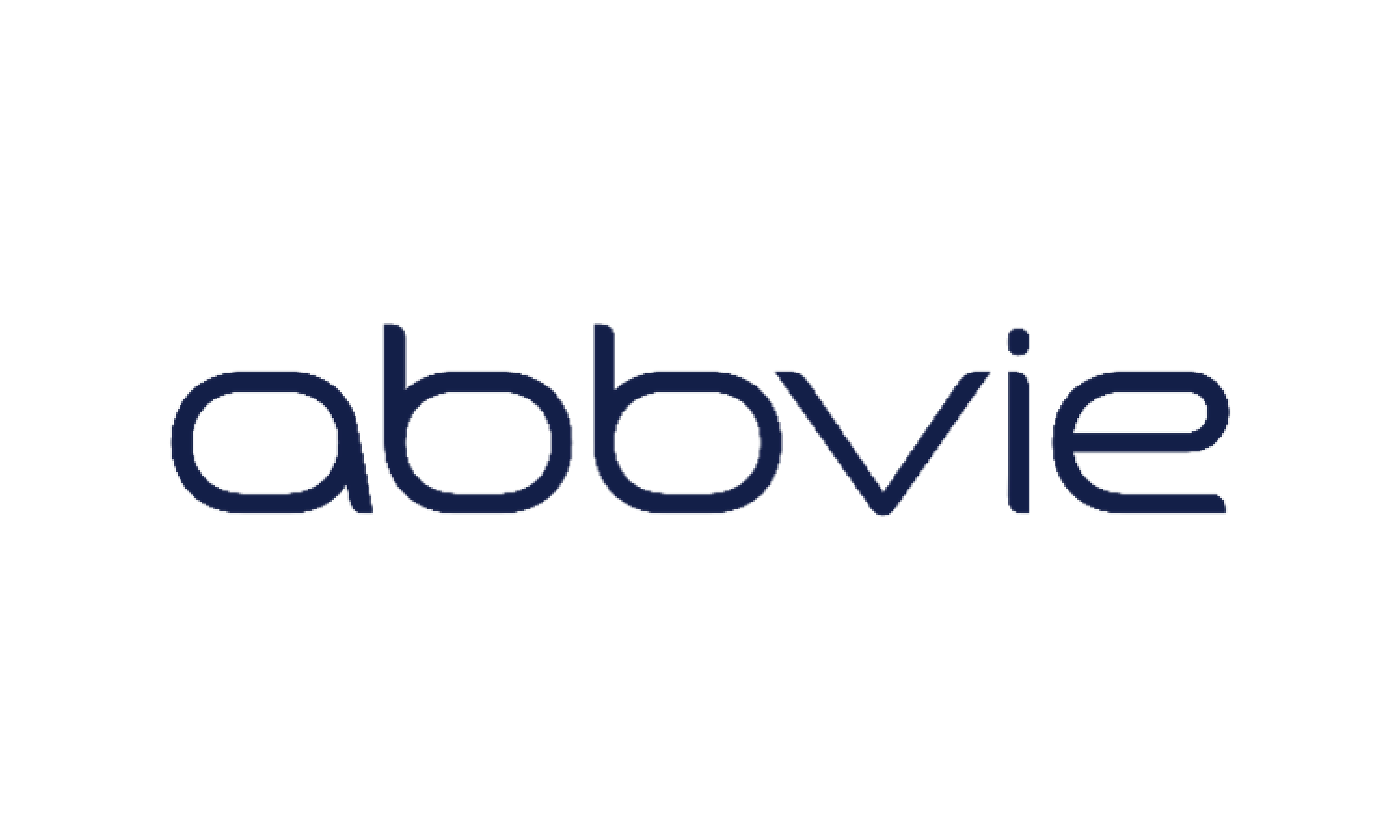Before you watch this webinar
Enhancing your learning experience begins with understanding you better. Collecting data enables us to tailor our educational content specifically for our audience. Discover more about how we handle your information in our Privacy Policy.
Event
Delivering an optimal Parkinson’s service throughout the Covid-19 pandemic and beyond
Our sponsor

The second session of this webinar is available to watch here: Virtual consultations for Parkinson’s patients: Delivering an optimal care experience
Presentation slides
Slides
Louise's slides
Summary
The first wave of the SARS-CoV-2 pandemic brought Parkinson’s disease services in South Wales to a complete halt, said Dr Sandip Raha.
The story so far
Between March and May 2020, all routine clinics were cancelled, and the new patient waiting list was placed on hold. Telephone clinics were established for those most in need, but clinician redeployment and the ban on home and care home visits meant the number of patients being seen plummeted.
The radiology department placed a hold on imaging, and physiotherapy, occupational therapy and speech therapy services “almost disappeared”, along with the patient education programme, in the first three months of the pandemic.
In June, the team were offered Welsh Assembly funding to provide virtual Attend Anywhere clinics, which necessitated new standard operating procedures and quality improvement assessments.
“We started this from the first half of July. It did help tremendously, particularly for selected groups of new patients, those with tremor, and those who had balance and gait problems that we could examine on video.
“But in spite of that, only 40% of patients who were contacted could access the Attend Anywhere clinics due to the technological availability and technical know-how. Older patients who were cognitively challenge resorted to telephone clinic only,” said Sandip.
As such, a limited number of face-to-face clinics for some patients, including the newly diagnosed, started in August.
What have we learned?
We all must be adaptable, said Sandip, from learning to use new technologies and overcoming technical problems to modifying consultation styles.
“There are lots of advantages to a virtual clinic. It saves the journey to the hospital, it is cleaner environmentally, and it is safer, of course, for them to not come into the hospital.”
In future, he went on, Parkinson’s teams might need to deliver new diagnoses, patient education, and allied health professional services via virtual means.
Some elements of care, however, do not lend themselves to the online model. Cognitive assessments, ECGs, and blood pressure measurements, for example, are either difficult or impossible to perform virtually.
It’s important to note that video consultations do not work for everybody in every situation, said Sandip.
Some patients, particularly those with complex needs or cognitively challenges, were disenfranchised by the shift to Attend Anywhere. Additionally, the quality of psychological support and reassurance can suffer when it is delivered remotely.
“Video clinics are not a panacea for our group of patients who are mostly elderly and complex with cognitive issues They have problems typing, logging in, using their fingers. These are all issues,” he said.
The future
Sandip said he expected virtual and telephone clinics to continue for selected follow-up patients, with more opportunity for face-to-face contact with new patients.
“Hospital visits for routine clinics will certainly go down significantly.
“But there is opportunity for community services like dietitians, physiotherapists, and social workers, who are already using the video portal, to discuss and advise patients. Those in advanced therapy and limited mobility may also benefit from virtual consultations.”
The nurse perspective
When Louise Ebenezer restarted home visits in May, she was met with huge appreciation.
“The relief on people’s faces, that we were still around and we were still able to help them, was enormous. The families really appreciate how much support they get from the Parkinson’s disease nurse,” she said.
Since then, she has provided a mix of remote and virtual clinics and found been both advantages and disadvantages to this new way of working.
Virtual communication tools such as Attend Anywhere and the secure patient portal and email platform, Patient Knows Best give some patients and families greater choice and flexibility. Others, however, are unable to access them.
Louise said: “It’s not about people’s age, it’s about their ability and what technology they have at home. Sensory issues are hard to deal with – whether someone has cognitive issues, whether they are deaf or have speech issues.”
Adaptation
Louise said she has adapted the way she conducts consultations. During virtual clinics, she uses more assessment tools, emailed or posted prior to the appointment, than before.
“It makes it easier for me to understand what the patients’ problems are, especially the non-motor sympoms such as anxiety and depression, and visual hallucinations.”
Louise also finds she has more time with people virtually then she would face-to face, which means she can “dig a little deeper”.
“Patient feedback has been great. They are thrilled to bits that we’ve still got a service going, that they’re still being seen, and that I’m spending a lot more time with them.
“And because our conversations tend to be more in depth, and it’s not only about the Parkinson’s. It’s about their lifestyle and lifestyle choices and I can signpost them to a variety of online sources,” said Louise.
New patients are now being referred to an initial one-to-one session with Louise, but she still feels they have unmet needs.
“The biggest problem is that they’re missing out on networking with other patients, on the group exercises, and on all the information that goes on around our education programmes,” she said.
Communication and learning
Communication with care homes, community pharmacies, primary care, and mental health services have all improved drastically during the pandemic, resulting in more holistic management. COVID-19 has also presented an opportunity to discuss advanced care planning, said Louise.
While the pandemic has forced some changes that have the potential to improve future care, this is not true across the board. For example, Louise raised concerns about the future of healthcare professional education and support.
“Webinars are great and really informative, but you can get fatigued by online courses – sitting all day in front of a computer listening to sessions can be quite tiring,” she said.
“Most of all, we all need to look after each other and our own wellbeing, and we still need to network.”
The second session of this webinar is available to watch here: Virtual consultations for Parkinson’s patients: Delivering an optimal care experience
Our Parkinson’s COVID-19 webinars are available on SoundCloud:
soundcloud.com/neurologyacademy
Our sponsor

Related events
'The things you can't get from the books'
Parkinson's Academy, our original and longest running Academy, houses 23 years of inspirational projects, resources, and evidence for improving outcomes for people with Parkinson's. The Academy has a truly collegiate feel and prides itself on delivering 'the things you can't get from books' - a practical learning model which inspires all Neurology Academy courses.



